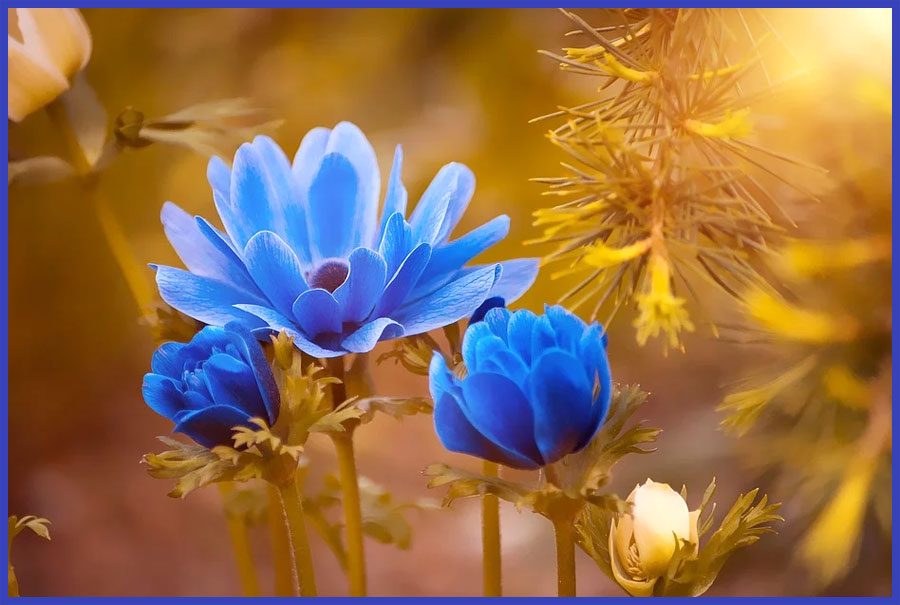In The Mind Of Plants
 Plants are a vital source of life, providing sustenance and oxygen to the human and animal inhabitants of the world. But is plant life closer to sentient life than expected? This documentary from Jacques Mitsch outlines the ways in which intelligence is defined – by recognizing one’s environment and interacting with it; having a memory; being able to communicate and interact socially; and having a brain to coordinate everything.
Plants are a vital source of life, providing sustenance and oxygen to the human and animal inhabitants of the world. But is plant life closer to sentient life than expected? This documentary from Jacques Mitsch outlines the ways in which intelligence is defined – by recognizing one’s environment and interacting with it; having a memory; being able to communicate and interact socially; and having a brain to coordinate everything.
This film investigates the notion that plants are intelligent, evolved biological forms through interviews with researchers across the globe that are exploring the boundaries between animal and plant. Researchers in the Savannah desert find that populations of Kudu are mysteriously dying off, and make a surprising discovery – Acacia trees have developed a survival technique in response to dense herds of Kudu overgrazing.
Scientists at Bonn University in Germany focus their studies on the exploration of plants’ ability to recognize and respond to environmental stimuli. Using peas and beans as an example for their use of tendrils to seek out air and light, the researchers demonstrate their point by stimulating pea plants with sticks, causing the tendrils to react. They suggest that pea seedlings exhibit the capacity for memory and perception in their ability to grow upwards regardless of how they are positioned, i.e. a plant on its side reorients itself to continue vertical growth.
Posted in Other Topicswith comments disabled.





